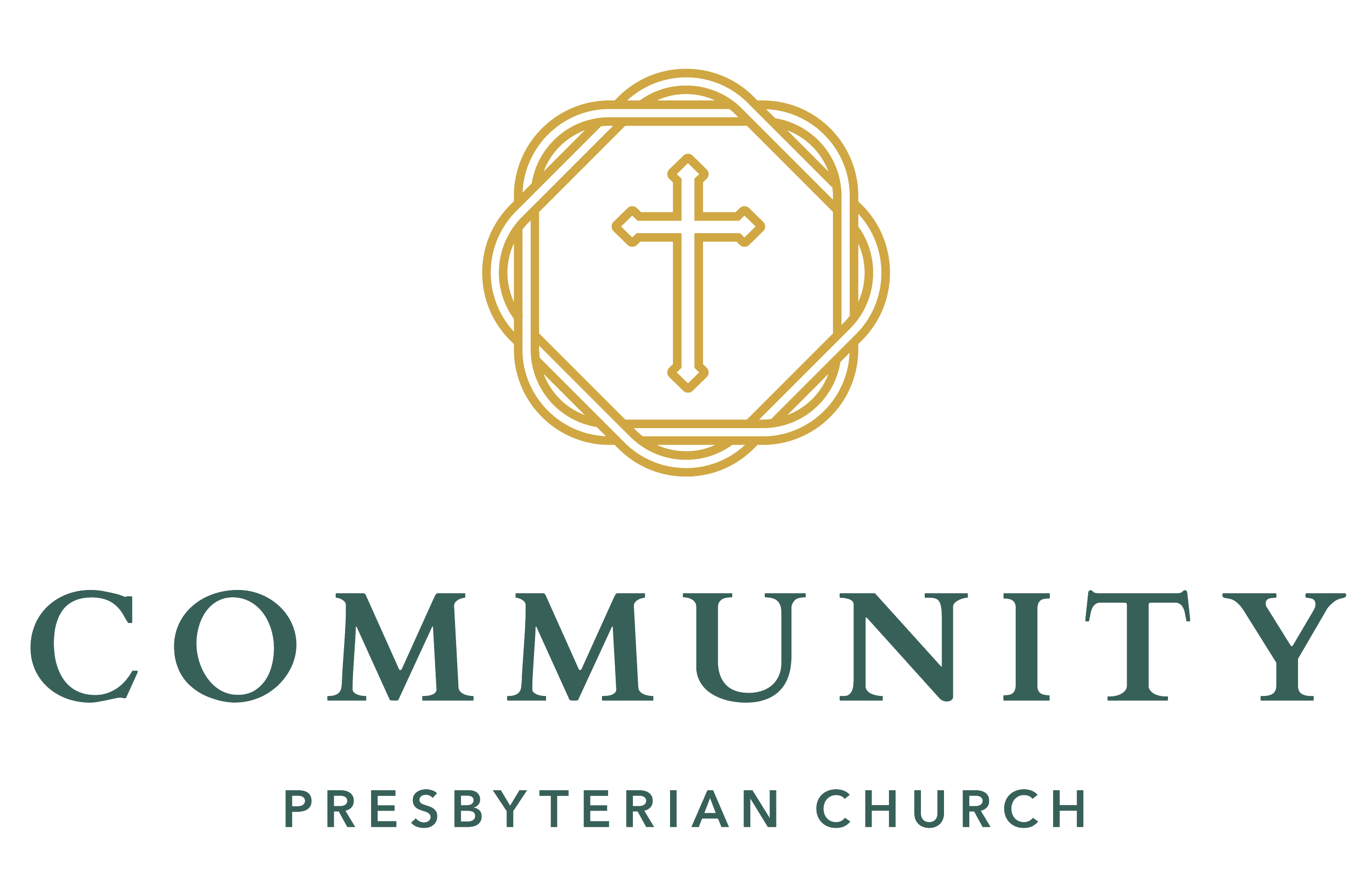Remembering and Rejoicing
We are spiritual amnesiacs. Over and over in the Bible we find God having to tell his people to "remember." Since we are prone to forget God is God (and we are not) we must remember the Sabbath day. We don't conquer the world by working, so we rest in the true conquest completed by Christ. Since we are prone to forget the price of redemption, we observe the Lord's Supper in remembrance of Jesus. God knows we forget, so he calls us to intentional times and seasons of remembrance.
At their best, Israel was particularly mindful to remember the Lord. The annual feast days all served the purposes of reminding the people--whether that be reminding them of their sin or God's salvation. Furthermore, Israel’s songbook was replete with psalms that would hearken back to God's work in their history. This is an entire sub-genre within the psalter: “psalms of remembrance.” Psalm 105, which we will hear a portion of this Sunday in our call to worship, is such a psalm.
What is Israel remembering in Psalm 105? God's faithfulness! In particular, there is a focus on God's faithfulness in terms of the covenant. He made a covenant with Abraham, Isaac, and Jacob, that He would be their God and they would be his people, for an everlasting generation. This is what Israel is called to remember: “Remember the wondrous works that he has done." (v. 5). If it were not for God's covenant faithfulness to the patriarchs, surely Israel would have been wiped off the face of the earth. But even in the face of many dangers, toils, and snares, even in light of their own sin and rebellion, God did not abandon his people. He was faithful. In fact, God remembered. Israel was remembering that God had not forgotten them! “He remembers his covenant forever, the word that he commanded, for a thousand generations, the covenant that he made with Abraham, his sworn promise to Isaac, which he confirmed to Jacob as a statute, to Israel as an everlasting covenant" (8–10).
These psalms, and other practices of remembrance in Scripture, are not a mere exercise in memory. The Lord's Supper is not a bare memorial meal--it actually does something. So too Israel would remember the Lord's past faithfulness for a reason. One reason listed in Psalm 105 is their continued obedience. “So he brought his people out with joy, his chosen ones with singing. And he gave them the lands of the nations, and they took possession of the fruit of the peoples’ toil, that they might keep his statutes and observe his laws.” (43–45) Obedience is the key. If God has done all of these wonderful things for Israel, how could they not respond in devotion and submission to Him?
But there's another reason these remembrance psalms were written, and that's so the people of God would rejoice. This is how the psalm ends, after all: "Praise the Lord!" or "Hallelujah!" The biblical model is that remembering will always lead to rejoicing. How could it do anything else, when God is always good all the time? As one commentator says, "Remembering former times builds up confidence for the present and hope for the future."
That is what we have the opportunity of doing this Sunday. We remember God's past faithfulness as a way of instilling hope in his future faithfulness. He is the one who shows steadfast love to a thousand generations. He is not about to stop now. What a great God we have. A God worthy of our praise. Let us remember His acts so we can rejoice in Him and sing together: "Hallelujah!"
